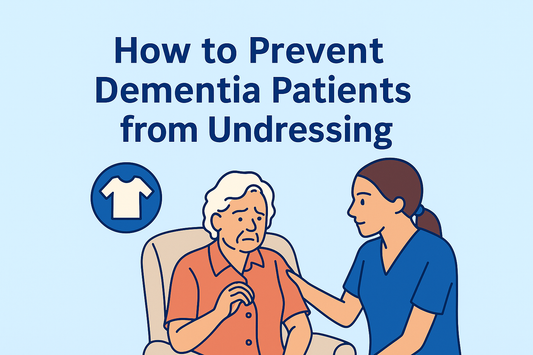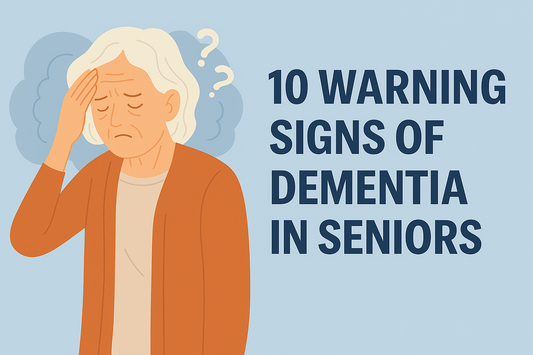
Will Insurance cover adult diapers?
WHAT IS INCONTINENCE?
Incontinence is a condition many adults have to deal with at some point in their lives. While its prevalence is relatively low during the younger years, it goes up significantly as they age, especially at ages 70 through 80. Although women in general tend to experience incontinence more often due to female-specific factors such as pregnancy, childbirth, and menopause, men also experience it.
Individuals living with chronic illnesses such as Alzheimer’s, dementia, multiple sclerosis, Parkinson’s, and so on can also experience incontinence. For these people, it is usually a part of their day to day life, where there is no cure. The only way for them to manage and lead as normal of a life possible is through products that are specifically catered to managing incontinence.
QUICK LINKS - TOPICS COVERED:
- WHAT IS INCONTINENCE?
- TYPES OF INCONTINENCE PRODUCTS – PADS AND PROTECTIVE GARMENTS
- INSURANCE COVERAGE FOR ADULT DIAPERS
- Private Insurance
- Medicare
- Medicaid
TYPES OF INCONTINENCE PRODUCTS – PADS AND PROTECTIVE GARMENTS
Depending on the severity of incontinence, there are different types of products that help you manage your symptoms. Pads and protective garments are the most commonly available products. They come in a wide variety of sizes, absorbencies, styles, and colors. Examples include:
-
Adult diapers
These are similar to disposable diapers used for infants, but are specifically designed for use by adults
-
Absorbent pads
These are disposable and designed for both men and women. Adhesive strips hold them inside the undergarment.
-
Incontinence panties and briefs
These look a lot like everyday underwear for men and women, but has an additional waterproof liner and built-in cloth pad to absorb urine. They are usually washable and reusable.
-
Disposable underwear
These are similar to regular underwear with only one difference. It is designed to be disposable. Some even have tape on the sides so that they are easily adjustable and removable. They come in day and overnight versions.
-
Protective underpads
These are disposable or reusable flat pads with an absorbent layer on one side and a moisture barrier on the other. They are used to protect mattresses, chairs, and other furniture from urine leaks.
-
Plastic pants
These fit over regular undergarments and help protect against mild to moderate leaks.
INSURANCE COVERAGE FOR ADULT DIAPERS
When it comes to insurance coverage for adult diapers, things are not always straightforward. There may be complicated procedures and strict requirements. But when adult diapers are a requirement for someone due to their medical needs, there are several channels that you can explore.
Private Insurance
When it comes to private insurance, very few provide proper coverage. Some private insurance companies may cover incontinence products or other incontinence supplies, but most usually don’t. Nevertheless, if you have a private insurance plan, you can check with your insurance plan administrator or refer to your Insurance Manual to figure out allowed benefits and coverage.
If your private insurance does provide some coverage, then make sure to prepare the necessary documentations to submit for claims.
Medicare
Since the majority of people who have incontinence are the elderly, you may assume that Medicare would offer coverage for incontinence products. However, that is not the case. It applies to Medicare Advantage and Medicare replacement plans.
Medicaid
Medicaid on the other hand, does provide coverage for adult diapers and some other incontinence products. But you need to double check on a few things before proceeding.
Firstly, find out if Medicaid provides coverage for adult diapers or disposable underwear, because it will vary from state to state with regards to which products are covered, depending on which type of incontinence you have, and the daily allowance you might receive. Some state plans may provide coverage for 5 adult diapers, pads, pull-on underwear, or disposable pads each day, while others may provide more or less.
If you do indeed qualify for Medicaid coverage for incontinence products, you will need to provide the appropriate documentation, which includes a note from your primary care physician stating that you supplies are needed out of medical necessity.



